Current Members of the MENAA Steering-Committee
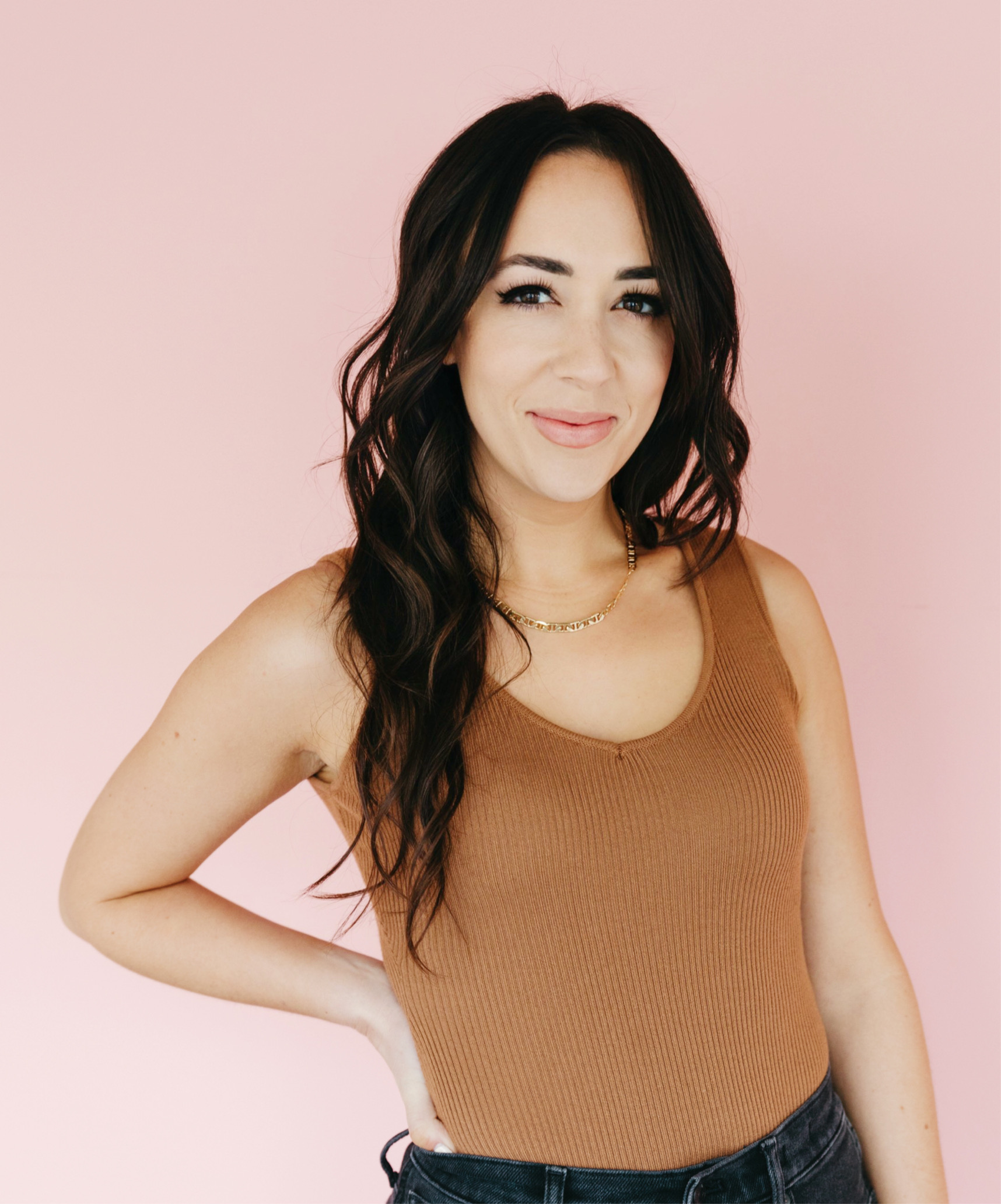
Robin Eurgubian
(Counseling)
My connection to the region is through my Armenian heritage on my father's side. My family reached the United States just prior to the Armenian Genocide in 1915, from which I have developed a deep sense of empathy for diasporic groups and a personal charge to uphold my cultural roots through relearning the language -- and participation in this amazing group! Outside of MENAA, you can find me in the Transfer Center where I help students with education planning and application support.
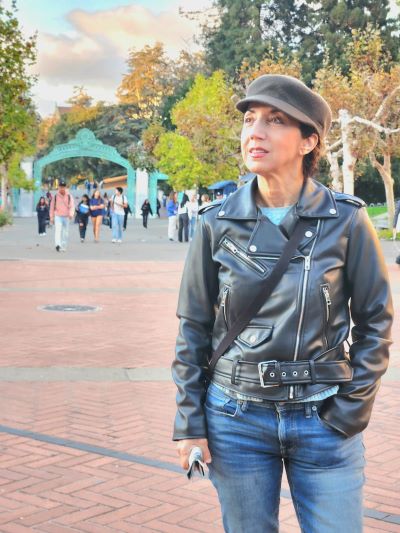
Nasrin Naraghi
(Humanities)
I am Iranian-American. I came to the US before the Islamic Revolution. As a young girl in Berkeley California, I was so fascinated with the young people, their care-free lifestyle, and their freedom to express themselves anyway they wanted. My goal was to fully assimilate into the culture and distance myself from my Iranian culture. However, as the years went by and I got married and had my kids, I felt that it was my responsibility as a parent to pass my cultural heritage to my kids. My connection to Iranian culture grew much deeper in the aftermath of the 9/11 which brought along a rich selection of works and new genres by Iranian born writers and artists. As a humanities professor at SRJC and MENAA member, I am looking forward to contributing and learning from my colleagues and our campus community.
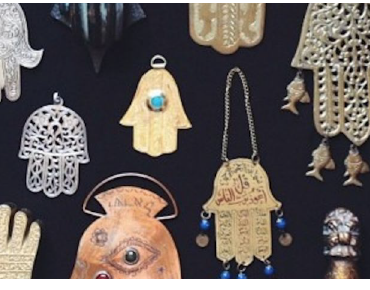
Mai Nazif
(Spanish)
Mai´s father was from Syria and her mother is from the Dominican Republic. She was born in Damascus and when she was 5 years old her family immigrated to the East Coast of the United States, where she spent her childhood before moving to California. Mai feels blessed to come from a multicultural home, having been exposed to different languages, cuisines, religions, and customs. For her it is an honor to be part of forming this group at SRJC.
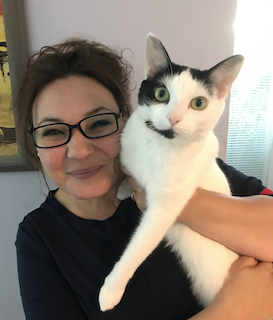
Purnur Ozbirinci
(English)
Merhaba, I am a Turkish-American raised in Ankara, Turkiye. I have taught courses in writing, reading, literature, drama, gender studies, mythology, translation, and public speaking in the Department of American Culture and Literature at Baskent University, Ankara, between 2002 and 2012. I moved to the United States as an expat at the end of 2012 and became a citizen five years later. At SRJC’s English Department, I am teaching transfer-level writing and literature classes, such as Introduction to Drama and Survey of American Literature. Being a part of MENAA and working towards a shared goal with a group of amazing people is uplifting. In our meetings, we discover many things about each other’s culture and our own identities. I feel lucky being a part of SRJC and to have such platforms where we can discuss these topics about culture and identity and learn from one another.
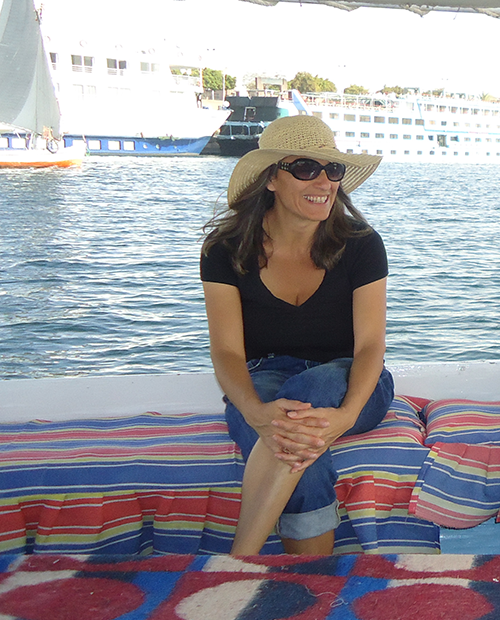
Leila Rand
(Information Technology)
I was born and raised in the US by my Egyptian mother and American father and speak only a little Arabic. Yet I have deep ties to both my relatives in Egypt, whom I visit every few years, and the Egyptian community in the East Bay that I grew up with. I am proud of my heritage and want to, in whatever small way I can, be a champion for the rich and complex Middle Eastern culture. I am thrilled to be a part of this smart and passionate group!
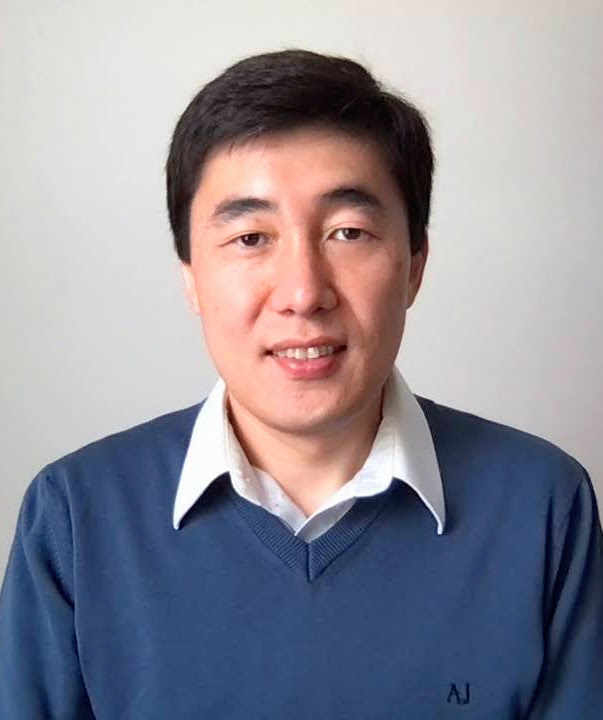
Azamat Sakiev
(Social Sciences)
Azamat Sakiev is a professor of Political Science with specialization in Russian and Eurasian politics. His research interests revolve around (non)democratization, post-Soviet security, and political leadership. He is originally from Central Asia, part of the former Soviet Union with deep cultural ties to the Middle East. He received his Ph.D. and M.A. from Syracuse University in New York. He also holds a Master’s degree from Central European University and a B.A. from American University of Central Asia.
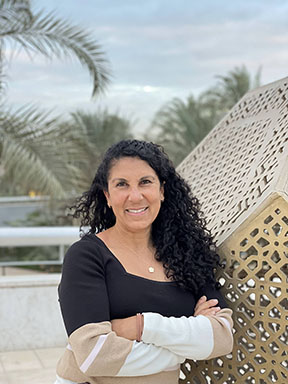
Heidi Saleh
(Art History)
I’m an Egyptian-American who feels strong connections to both my Egyptian and American identities. Born in Cairo and raised mostly in California, I've always been aware of and in tune with the joys and challenges of biculturalism and bilingualism.
I’m grateful that we now have MENAA at SRJC so that we can build a community that brings us together and allows us to share our experiences. I travel back to Egypt frequently, and I love any opportunity to speak Arabic whenever I can.
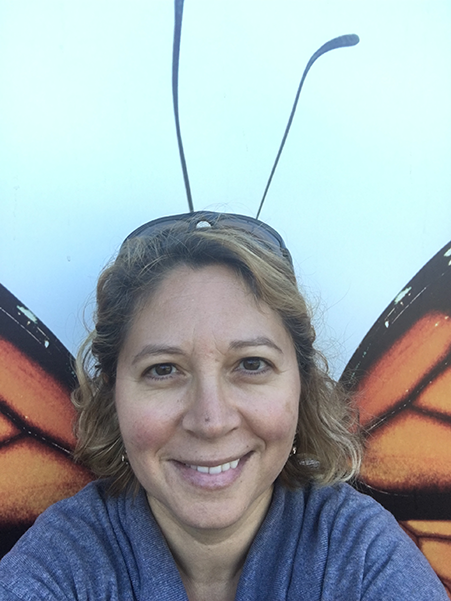
Solen Sanli Vasquez
(Sociology)
I am a proud native of Istanbul, Türkiye, which is still my “home within” (for more on this concept, please see my digital history project). I have initially left “home” to live in the UK where I earned my master’s degree in Political Sociology. My passion for sociology then brought me to the U.S., where I pursued and obtained my Ph.D. While I never intended to stay in the U.S. for good, life happened or more accurately, love happened, and I met and married a Mexican-American man early on in my doctoral journey. As I raise my twins in a trilingual household, I feel the pride of exposing them both to my rich Turkish/ Middle Eastern heritage and their father’s beautiful Mexican culture. I have found another home in my MENAA family and look forward to connecting with all those who identify as Middle Eastern/ North African, broadly defined, and introducing our often-misunderstood region to our college community and beyond.
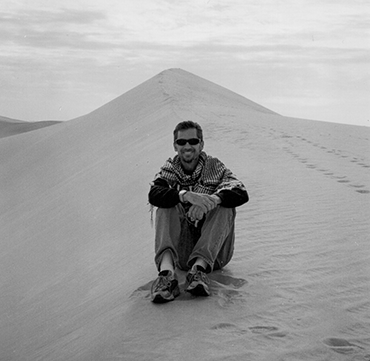
Johnny Sarraf
(English)
I've been fortunate to have had the opportunity to travel quite a bit around the world, including within Europe, South and Southeast Asia, and the Middle East, and I speak Arabic. Because of my intimacy with America and part of the Arab world, my sensitivity to each, and the close relationships I have with people of both parts of the world, I believe myself to be a bridge between the cultures.

Zehra Sonkaynar
(President's Office)
More info coming soon